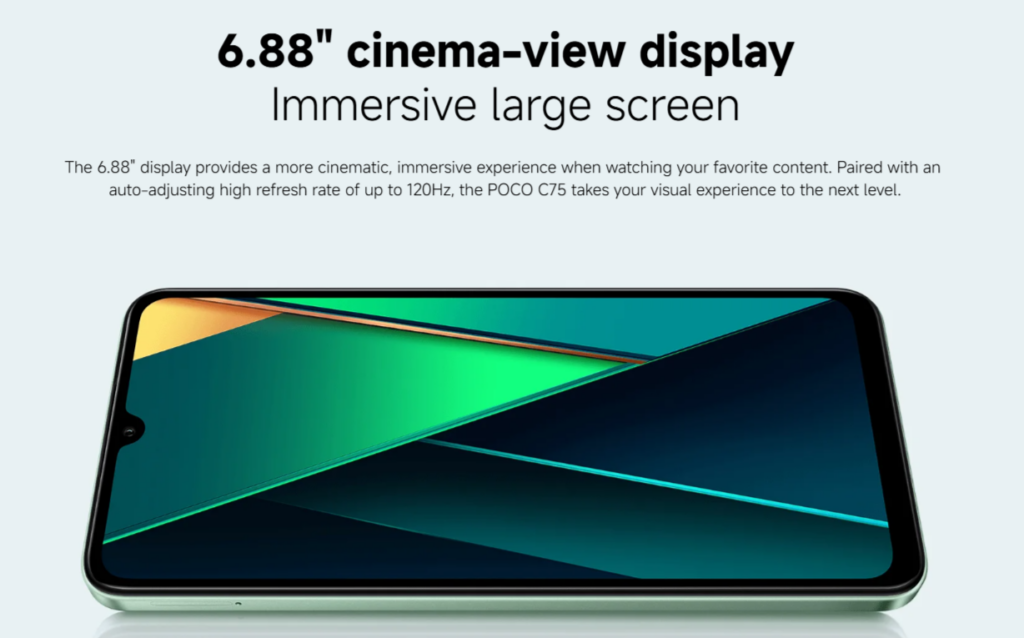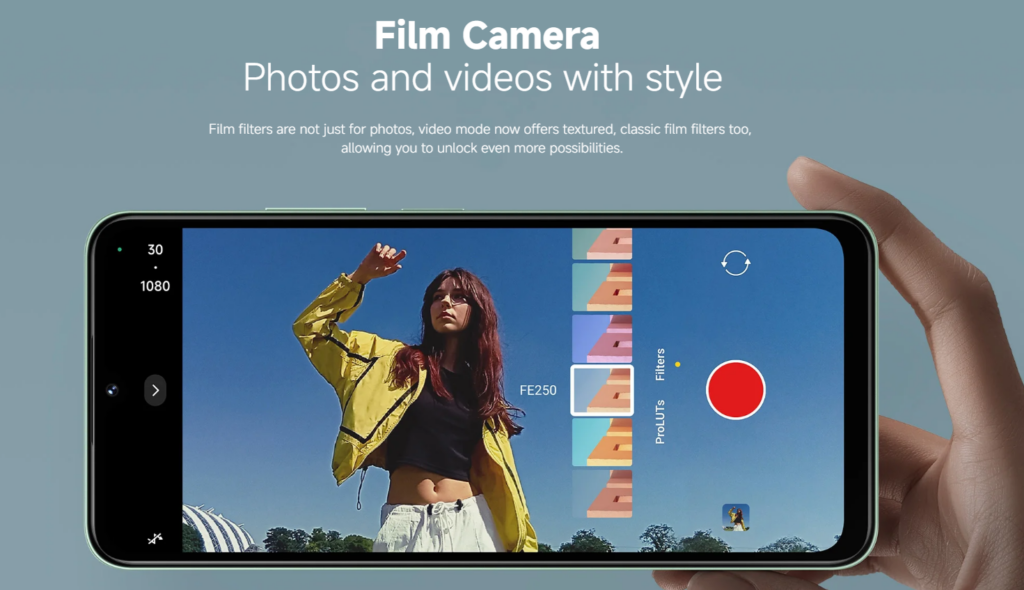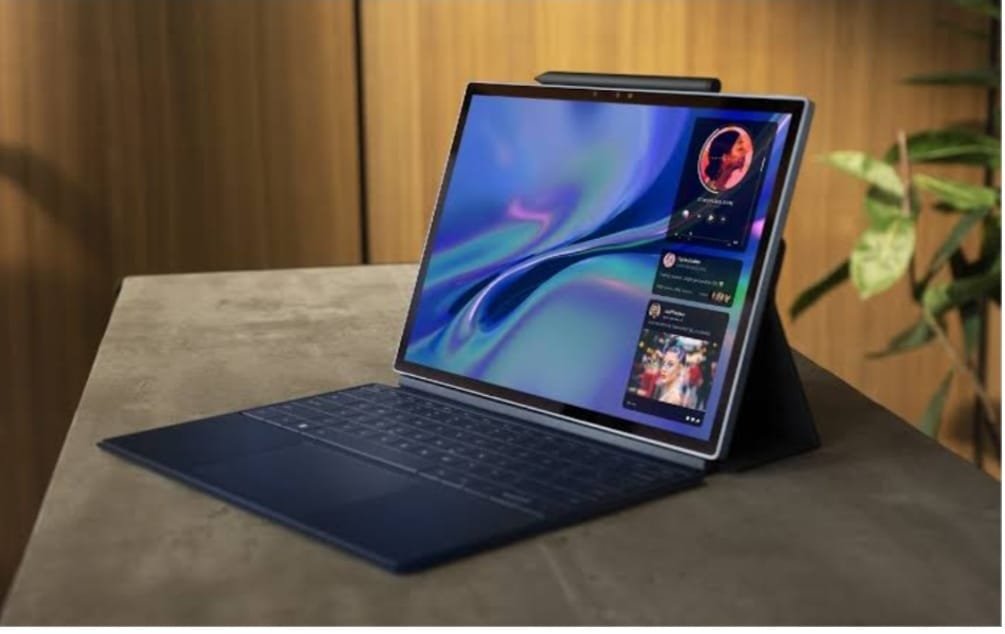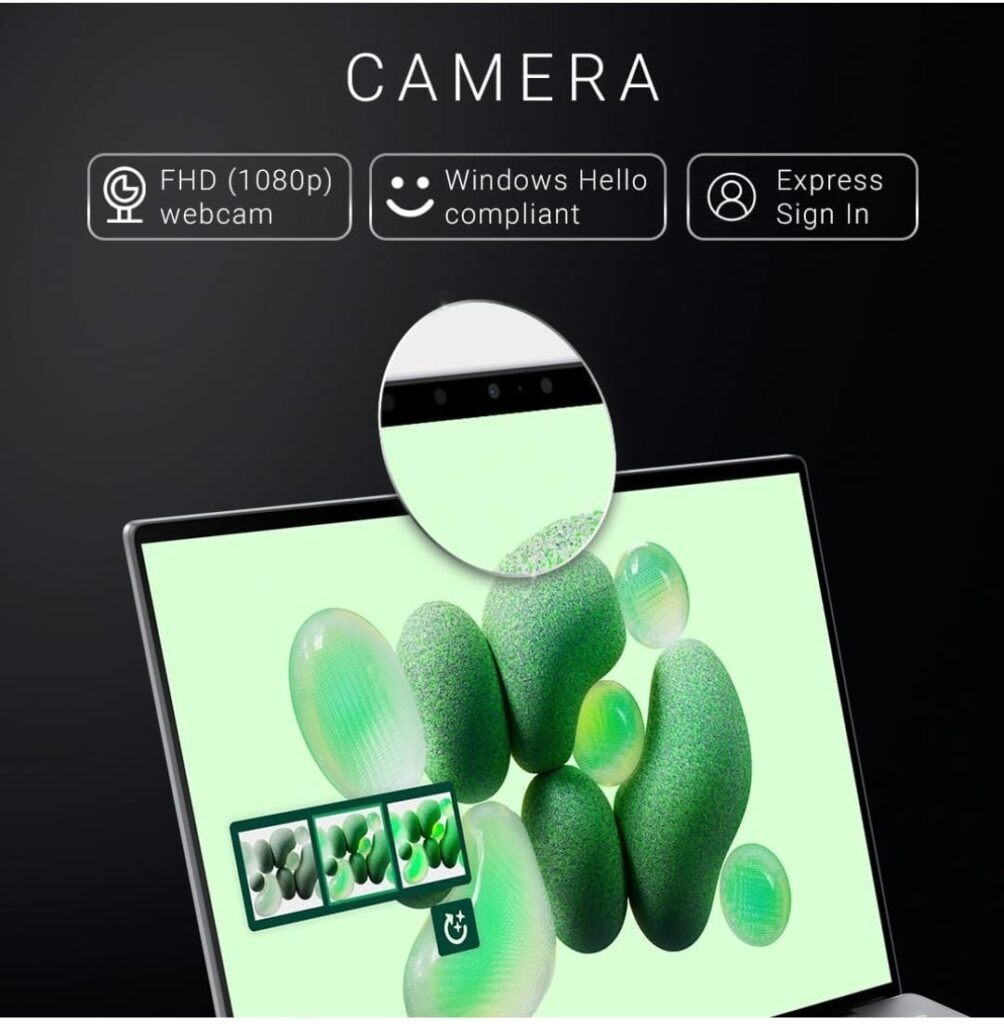Realme ने हाल ही में अपना नया स्मार्टफोन Realme P1 Speed 5G लॉन्च किया है, जो शानदार स्पेसिफिकेशन्स और किफायती कीमत में उपलब्ध है। इस स्मार्टफोन का प्रमुख आकर्षण इसकी Dimensity 7300 Energy Chipset है, जो अद्वितीय प्रोसेसिंग पावर और बेहतरीन बैटरी लाइफ प्रदान करता है। अगर आप गेमिंग, मल्टीटास्किंग और शानदार डिस्प्ले चाहते हैं, तो Realme P1 Speed 5G आपके लिए एक बेहतरीन Option हो सकता है।
Processor & Performance

Realme P1 Speed 5G में Dimensity 7300 Energy Chipset है, जो 4nm प्रोसेस पर आधारित है और इसमें 4 कोर आर्किटेक्चर है, जो 2.5 GHz तक की स्पीड पर काम करता है। इसकी Antutu Score लगभग 750,000 है, जो स्मार्टफोन की गति और क्षमता को साबित करता है। इस चिपसेट की मदद से गेमिंग और मल्टीटास्किंग का अनुभव और भी बेहतर हुआ है, और इसमें 20% GPU परफॉर्मेंस में सुधार और 46% पावर खपत में कमी भी देखने को मिलती है। इस चिपसेट के द्वारा आपको बेहतरीन गेमिंग अनुभव और बेहतर बैटरी परफॉर्मेंस मिलता है, जो इसे विशेष बनाता है।

Display & Graphics

स्मार्टफोन की डिस्प्ले की बात करें तो इसमें 6.67 इंच की बड़ी Full HD+ AMOLED डिस्प्ले दी गई है, जिसका रेजोल्यूशन 2400 x 1080 पिक्सल है। इस डिस्प्ले में शानदार रंग और कंट्रास्ट के साथ-साथ बेहतरीन विज़ुअल्स देखने को मिलती हैं। इसके अलावा, ARM Mali G615 GPU द्वारा इसे सपोर्ट किया गया है, जिससे ग्राफिक्स और गेमिंग का अनुभव बहुत ही स्मूद और आकर्षक होता है।
Also Check : Colorful XS Series Intel Core i5 12th Gen and NVIDIA RTX 3050 for ₹50,990
Camera & Photography

कैमरे के मामले में, Realme P1 Speed 5G में 50MP + 2MP ड्यूल रियर कैमरा सेटअप दिया गया है, जो शानदार फोटोग्राफी और वीडियो रिकॉर्डिंग की सुविधा प्रदान करता है। इसके अलावा, इसमें 16MP फ्रंट कैमरा भी है, जो बेहतरीन सेल्फी और वीडियो कॉलिंग के लिए आदर्श है।
Battery Life
बैटरी की दृष्टि से, इस स्मार्टफोन में 5000mAh की बैटरी दी गई है, जो लंबी बैटरी लाइफ देने का दावा करती है। Dimensity 7300 Energy चिपसेट के साथ इसमें पावर खपत में 30% तक कमी आई है, जिससे आपको लंबे समय तक बिना बार-बार चार्ज किए अपने स्मार्टफोन का उपयोग करने का अनुभव मिलेगा।
Storage & Memory

Realme P1 Speed 5G में 8GB RAM और 128GB इंटरनल स्टोरेज है, जो कि सामान्य उपयोग के लिए पर्याप्त है। इसके साथ ही, इसमें 2TB तक का एक्सपेंडेबल स्टोरेज भी है, जिससे आप अपनी सभी फाइल्स, फोटोस और वीडियो को आसानी से स्टोर कर सकते हैं। यह स्मार्टफोन Android 14 पर आधारित है, जो आपको नया और बेहतर यूज़र इंटरफ़ेस प्रदान करता है। इसके अलावा, इसमें कस्टम UI सुविधाएँ भी हैं, जो उपयोगकर्ताओं को एक सुलभ और आकर्षक अनुभव देती हैं।
Price & Offers
इस स्मार्टफोन की कीमत ₹17,999 है, जो इस शानदार स्मार्टफोन के फीचर्स को देखते हुए बहुत किफायती है। इसके अलावा, Flipkart पर कुछ आकर्षक ऑफ़र भी उपलब्ध हैं, जैसे कि 5% अनलिमिटेड कैशबैक Flipkart Axis Bank क्रेडिट कार्ड पर, ₹2000 का डिस्काउंट सभी बैंकों के क्रेडिट और डेबिट कार्ड ट्रांजेक्शन्स पर, ₹100 अतिरिक्त डिस्काउंट Nothing Cable पर, और ₹700 अतिरिक्त डिस्काउंट CMF चार्जर पर।
Conclusion
Realme P1 Speed 5G उन यूज़र्स के लिए एक बेहतरीन विकल्प है जो एक उच्च प्रदर्शन वाला स्मार्टफोन चाहते हैं, लेकिन वह बजट में रहकर एक अच्छा स्मार्टफोन खरीदना चाहते हैं। इसके शानदार प्रोसेसर, लंबी बैटरी लाइफ, बेहतरीन कैमरा और डिस्प्ले के साथ, यह स्मार्टफोन गेमिंग, मल्टीटास्किंग और फोटोग्राफी के शौकिनों के लिए आदर्श है।














































